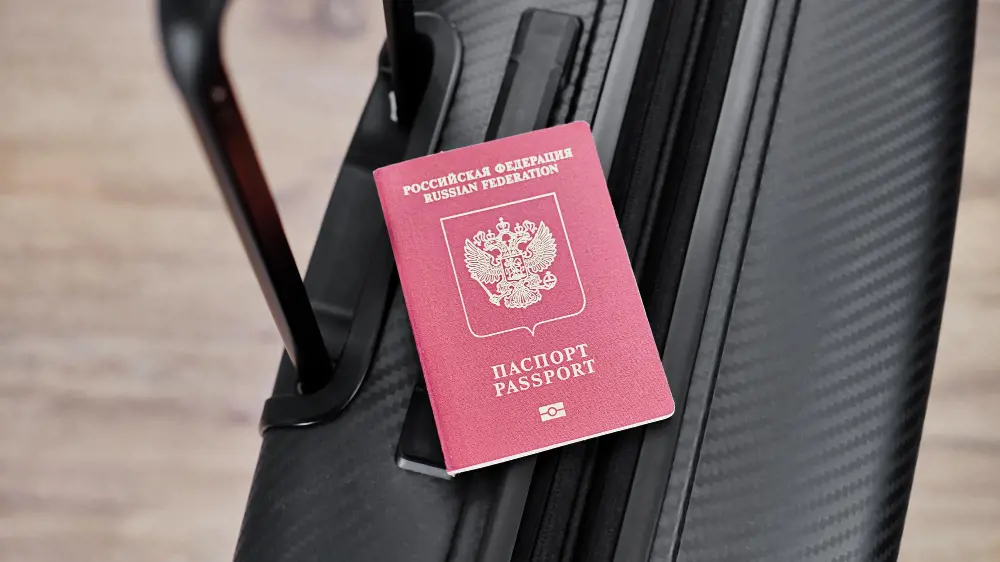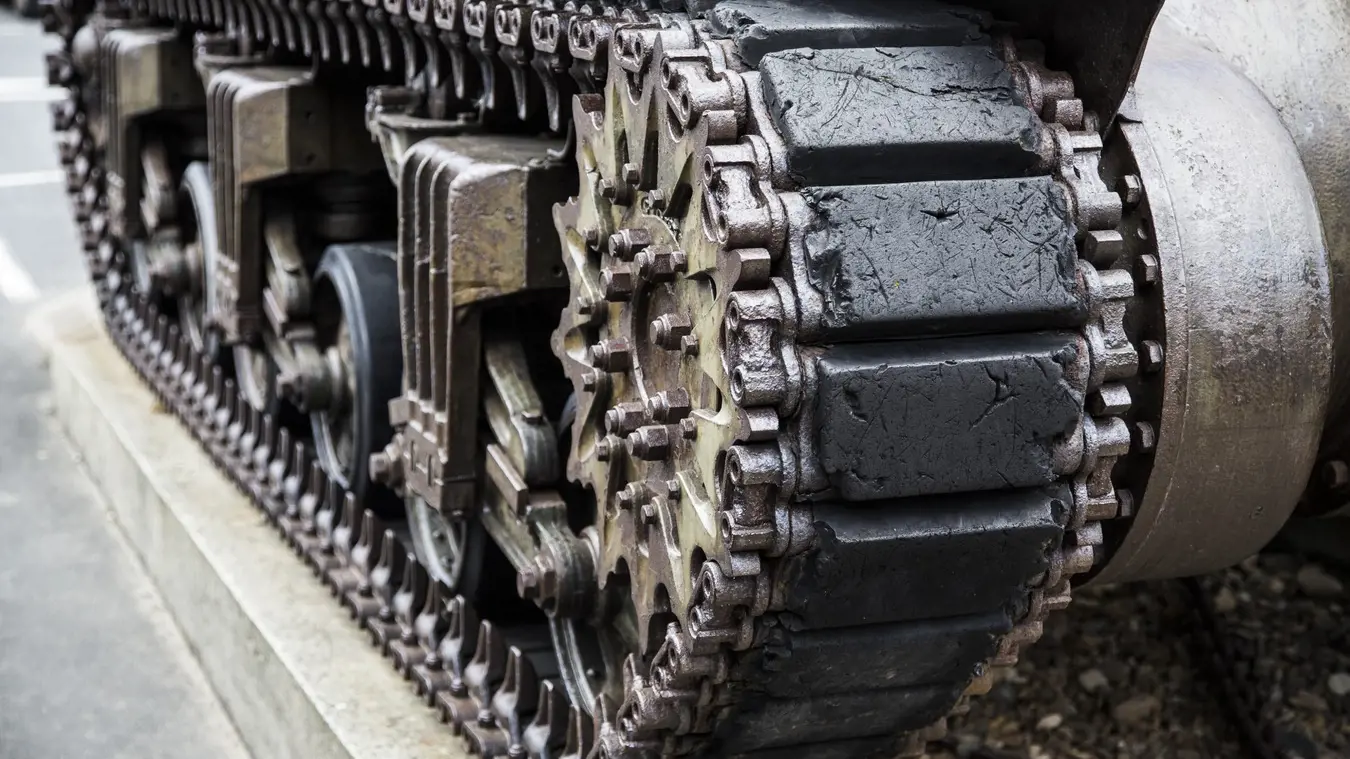Russia-Turkey: Bridging Divisions and Warming
Сontinuation
The previous article "Russia-Turkey: a new turn to confrontation" tells about the period of World War II and the reasons for Turkey's accession to NATO in 1952.
Almost immediately after Stalin's death in 1953, Molotov notified Ankara that USSR was renouncing its territorial claims in Turkey and the frosty relations began to thaw. The 1960s marked a period of significant change in the dynamic of Cold War relations between Turkey and the Soviet Union. In the year 1963, a representative from Turkey travelled to Moscow for a meeting with the new leader of the Soviet Union, Nikita Khrushchev.
Khrushchev had expressed his desire to once again establish friendly relations with Turkey. Between 1965 and 1981 many trade agreements were signed, and USSR provided Turkey with $8 billion in aid and loans to fund the building of a thermal power plant and the modernization of its refineries. Cyprus Operation in 1974 and the subsequent decline of Turkey’s relations with the West as a result of it, played a role in improving USSR – Turkey relations. The US weapons embargo on Turkey following the Cyprus operation was also critical in developing ties in the military field between Turkey and the USSR.
Prime Minister Bülent Ecevit visited Moscow in 1978, and further trade agreements were struck between the two nations. In the 1980s Turkey – USSR relations entered a new stage of strong economic cooperation and bilateral trade with Turkish exports to the Soviet Union reaching their highest point since 1924. Although the Turkish government blamed USSR for the influx of Afghan migrants into Turkey after input the Soviet troops in Afghanistan, it didn’t have much of a negative impact on relations.
By 1987, Turkey had been importing around 6 billion cubic meters of natural gas annually after signing its first foreign natural gas supply deal with the Soviet Union on September 18, 1984. The energy component of bilateral ties has been expanded with the signing of this treaty, which calls for the purchase of natural gas for over a period of 25 years. New opportunities, as well as challenges for improving cooperation, arose in the aftermath of the Soviet Union's collapse in 1991. The economies of Turkey and the Russian Federation in the early 90s were relatively mutually beneficial - while Russia provided Turkey with oil and natural gas, Turkey could provide consumer products and construction services in exchange thanks to the country's extensive background in private sector development under a mixed economic system. The volume of commerce between Turkey and Russia increased dramatically in the 1990s.
Amidst deepening commercial and diplomatic ties, the relations were also marked by recurring conflicts. Turkey's ambition to take the lead among the newly sovereign Turkic Republics in Central Asia was a significant factor that contributed to the conflict. After experiencing setbacks in its pursuit of EU admission in the early 1990s, Turkey shifted to a more proactive foreign policy toward the Central Asian Republics, emphasizing shared cultural, historical, and linguistic links with the region. Throughout the 1990s, the scope of Turkey's, Azerbaijan's, and the Central Asian Republics' relationships grew significantly. The Russian government's discontent intensified after the United States backed Turkey's ambitions to take on a more prominent regional leadership role.
Russia still considers the post-Soviet space to be within its sphere of influence. Therefore, the Russian leadership was worried about the rise of competing emerging powers in the post-Soviet space while being unable to exhibit the more assertive foreign policy typical of the later Putin’s era. Intervention in minority conflicts by both countries has also been a cause of friction. Russia's enmity towards Turkey stemmed from Ankara's covert support for Chechen rebels while one of the main sources of public outrage in Turkey is the Russian government's undercover backing for the PKK's military. Tensions have also arisen as a result of the Turkish government's attempts to diversify the country's energy supply (Baku – Tbilisi – Ceyhan (BTC) oil pipeline project) and become a hub for pipelines that connected the eastern ex-Soviet nations to Turkey, essentially bypassing Russia and decreasing its influence. Russia sold S-300 missiles to Greek Cyprus on January 4, 1997, as counter-diplomacy which increased the tensions between the two nations.
Despite their continued global rivalry and certain conflicts, the two sides had once again begun a period of strong economic collaboration in the late 90s. Each party made plain its commitment to fostering the growth of economic cooperation to the greatest extent possible, with Russia showing a particularly strong interest in this field. On December 15, 1997, Russian Prime Minister Viktor Chernomyrdin visited Turkey, where numerous deals were struck to promote energy, legal, technological, economic, and educational collaboration between the two countries. Specifically, the Blue Stream gas deal was significant because it would bring 16 billion cubic meters of Russian natural gas to Turkey. A threefold rise in the current annual trade volume between the two nations was set as a goal. In 2003, this goal was accomplished (from $3 billion to $10 billion), and since then, efforts have been focused on increasing commerce turnover to $100 billion.
On May 25, 1992, the two nations formalized their friendship and cooperation by signing a treaty outlining their shared values. In addition, the foreign ministers of Turkey and Russia traded visits during the first half of 1992. Four more trips to Moscow by the Turkish president and prime minister had occurred by 1996. Within the short time frame of 1992–1996, fifteen agreements and protocols were made between Russia and Turkey on topics including scientific, technical, educational, cultural, military, and commercial collaboration. Prime Minister Bülent Ecevit announced the first extradition of a Chechen terrorist to Russia at the close of the 1990s. Russia, too, shut down the PKK's Moscow headquarters and turned away the PKK's commander, Abdullah Ocalan, when he sought asylum in Russia in 1999. During Prime Minister Ecevit's visit to Moscow in 1999, Russian President Putin stated that "regardless of their origins, Russia never supported, and will not support terrorism against turkey". Turkey had also expressed its support for Russia's attempts to restore order in Chechnya.
The two countries had reached an unspoken understanding not to meddle in each other's internal political disputes, which was evidently destabilizing to the relations. These adjustments have resulted in a significant swing toward collaboration in the early 21st century. Several high-level state visits and official bilateral deals enabled this period, which roughly correlates to the time after 2001 and can be considered a golden age of Turkish-Russian relations. Relations between Turkey and Russia have progressed beyond the zero-sum mindset that existed between them for decades. Moscow and Ankara have entered a new period of redefining their relationship, thanks to steps taken by both administrations.
With the signing of the «Joint Action Plan for Cooperation in Eurasia» in 2001, the two nations declared their intent to cooperate rather than compete in the region. Increases in energy trade and overall trade volume, as well as investments by Turkish construction and consumer goods companies like ENKA and Alarko, are attributed to drawing the two nations closer together. In this new period of collaboration, Russia has become one of Turkey's main trading partners and energy suppliers.
To be continued …










